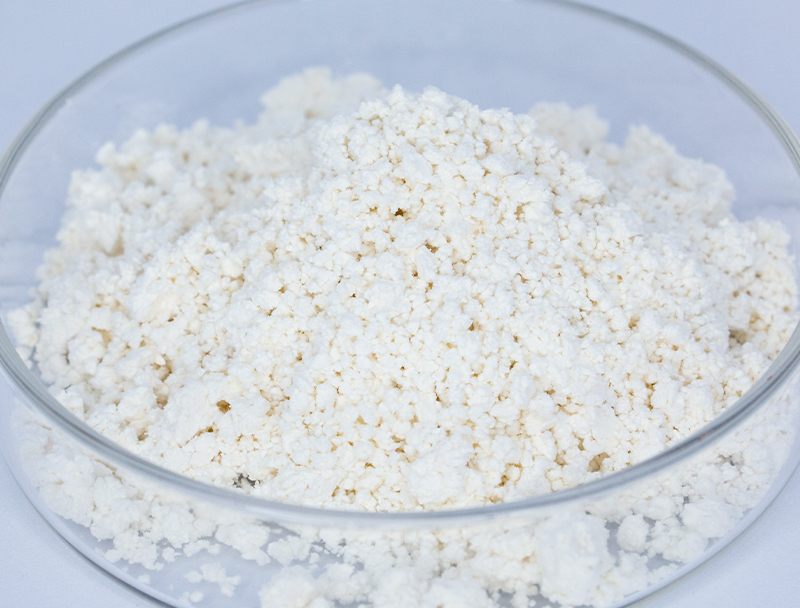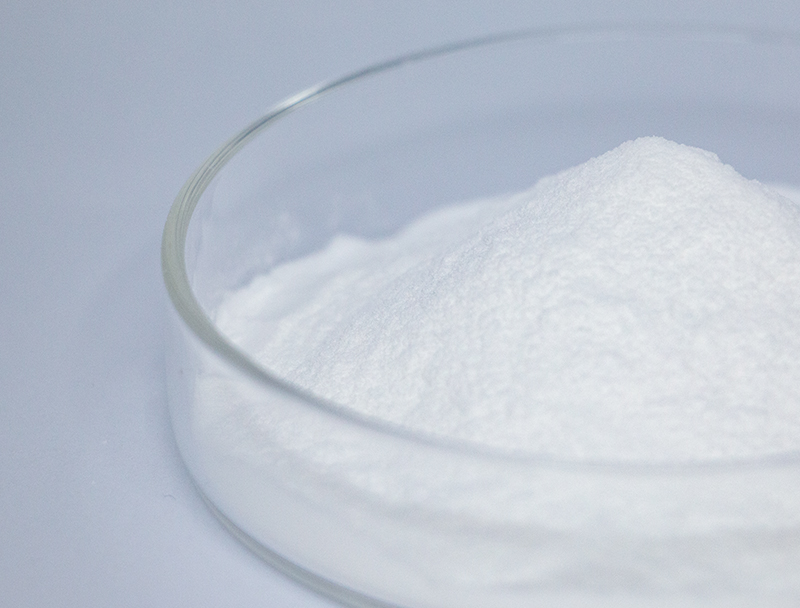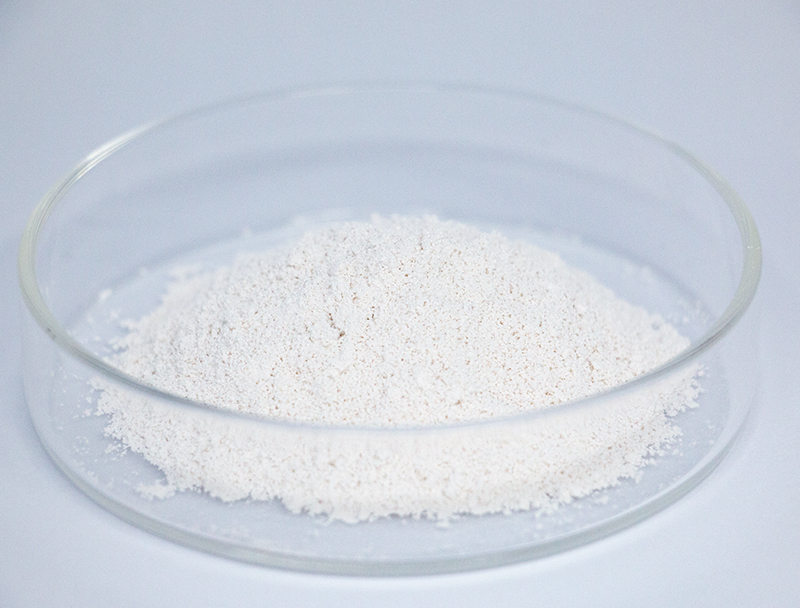
Biotech manufacturing draws predominantly from a vast array of primary inputs for fabricating next-generation bio-products.
Assuring responsible procurement of such inputs is paramount for the long-term viability and ethical growth of the industry.
diverse obstacles inherent in legacy sourcing approaches like ecosystem disruption and unsustainable harvesting. Accordingly, manufacturers should embrace green sourcing tactics to shrink their ecological impacts.
- Cases of responsible feedstock strategies feature:
- Leveraging biomass from food-processing residues
- Integrating recovery systems to shrink waste while improving throughput
- Working with community-based suppliers that follow ethical standards
Shifting to ethical sourcing drives environmental value and long-term commercial viability.
Refining Biomass Sources to Enhance Fuel Conversion
Increasing biofuel conversion efficiency is tied to feedstock composition and condition. Research teams persist in studying techniques to boost feedstock performance, facilitating elevated yields and a renewable energy transition. This involves genetic modifications to increase biomass production, as well as pretreatment techniques that break down complex plant materials into more readily fermentable sugars.
- Moreover, investigations target novel feedstocks like microalgae, municipal residues, and field residues to widen the pool of renewable biomass for biofuel use.
- Owing to ongoing work the biofuel domain is primed to reach substantial milestones advancing renewable energy adoption.

Upstream Process Improvements for Modern Biopharma Production
represents the initial stages of biopharmaceutical manufacturing, encompassing all steps from cell culture and cell harvesting Ongoing innovations have accelerated process enhancement leading to greater yields.
Key advancements include the utilization of novel cell lines, optimized culture media formulations, and intelligent bioreactor designs. These strategies improve manufacturing efficiency and lessen cost and ecological effects.
- Moreover, continuous manufacturing adoption is enabling dynamic control and greater adaptability in upstream workflows.
- Transitioning to refined production methods has the potential to overhaul the industry and expedite new treatments.

Precision Genomic Tools Enhancing Biopharmaceutical Yields
breakthroughs in precise gene modification systems have reshaped biopharma production. Through focused genomic edits within host strains, scientists increase expression of desired therapeutic proteins. These methods could enable production of accessible and efficient medicines tackling diverse health challenges.
Using Microbial Systems for Site-Specific Remediation
forward-looking microbial interventions for environmentally friendly decontamination. Microbial communities can biotransform hazardous materials into lower-risk substances. Harnessing microbe-based degradation fosters cleanup tactics that minimize environmental disruption and residual waste.. Study groups probe microbial metabolic diversity to tackle metals, persistent pesticides, and hydrocarbon spills.. These microbes operate in engineered systems or direct environmental applications to metabolize and remove contaminants.
Using microbes for cleanup carries distinct advantages compared with chemical or physical remediation approaches. These methods are economical and eco-conscious while reducing hazardous secondary waste. Additionally, microbial tactics can target contaminants selectively while preserving surrounding ecological systems. The field is rapidly refining methods to make microbial remediation more efficient and broadly effective.
Digital Methods Accelerating Pharmaceutical Discovery
Digital bioinformatics methods are central to evolving therapeutic discovery processes. From predictive screening to lead refinement, computational biology underpins more efficient drug pipelines.
- Through mining large genomic, proteomic, and clinical repositories, informaticians reveal new targets and forecast drug behaviors.
- Additionally, simulation tools enable prediction of binding and activity, guiding creation of more potent drugs.
- Finally, bioinformatics is revolutionizing the drug discovery and development process, accelerating the time to bring safe and effective treatments to patients in need.
Metabolic Design Approaches to Boost Bioproduct Yields
applies assorted techniques to boost microbial synthesis of valuable compounds. Approaches may include genome edits to rewire pathways, transcriptional control to tune expression, and heterologous gene insertion to add functions.. By fine-tuning these processes, engineers can significantly increase the yield of desired bioproducts.
This multifaceted approach has the potential to revolutionize a broad range of industries, including biopharmaceuticals, agriculture, and bioenergy.

From Lab to Plant: Challenges and Opportunities in Biomanufacturing Scale-Up
Scaling up biopharmaceutical production presents both significant challenges and exciting opportunities. One major challenge is maintaining consistent product quality at increased scales. Solving it involves resilient control frameworks, high-resolution monitoring, and modern analytical tools.

Complexity in multi-step biomanufacturing operations presents ongoing operational challenges.. Adapting protocols for industrial scale requires considerable development work and engineering advances.. Still, the gains can be meaningful. Successful scaling up can lead to increased access of life-saving therapies, reduced production costs, and enhanced profitability.
Numerous initiatives aim to tackle these scaling challenges. Plans feature next-gen optimization hardware, sophisticated real-time analytics, and forward-looking production strategies.
- Technology development efforts underpin advances in production capability.
- Regulatory frameworks are being optimized to accommodate novel production technologies and promote innovation.
Regulatory Strategies for Biopharma Compliance and Patient Protection
Bringing biologics to market involves rigorous regulation designed to protect patients and confirm therapeutic benefit. Living-source therapeutics present distinct obstacles in regulation and production relative to classical drugs.
Regulatory authorities including FDA and EMA are central to creating NMN criteria and processes for approving innovative biologics..
Extensive evaluation procedures are essential across development phases, spanning preclinical work to post-market checks.. The protocols serve to uncover safety concerns and certify that products fulfill rigorous protection standards..
Moreover, oversight agencies continually refine approaches to align with accelerating scientific progress in therapeutics.. Policies involve deploying novel tech and expediting development while preserving commitment to patient safety.

Plant-Origin Feedstocks in the Production of Bioplastics
The rising demand for eco-friendly materials fuels R&D on bio-based alternatives. Bioplastics derived from plant biomass provide a viable route to more sustainable plastic alternatives. Plant-based biomass resources such as cornstarch, cellulose, sugarcane can be processed into biodegradable plastics that degrade naturally, minimizing the environmental impact of conventional plastics.
Concurrently, several bioplastic formulations approximate conventional plastic traits and serve wide-ranging applications. Further innovation is required to mature plant-based bioplastics for broad adoption and circular economic models.
Biotech Contributions to Global Health and Crop Productivity
Advanced biotech approaches can reshape healthcare delivery and enhance agricultural resilience. With genetic tools, engineered biological systems, and regenerative cell approaches, experts craft interventions to manage diseases, enhance agriculture, and fortify nutrition.. Consider genetically enhanced crops that resist pests and environmental stresses to improve production and reduce pesticide reliance.. Similarly, biotech contributes advanced vaccines, antimicrobial strategies, and diagnostic techniques crucial for infectious disease management and health advancement.. Going forward, advancements in biotechnology are likely to yield interventions that improve health and advance sustainable food systems globally.
